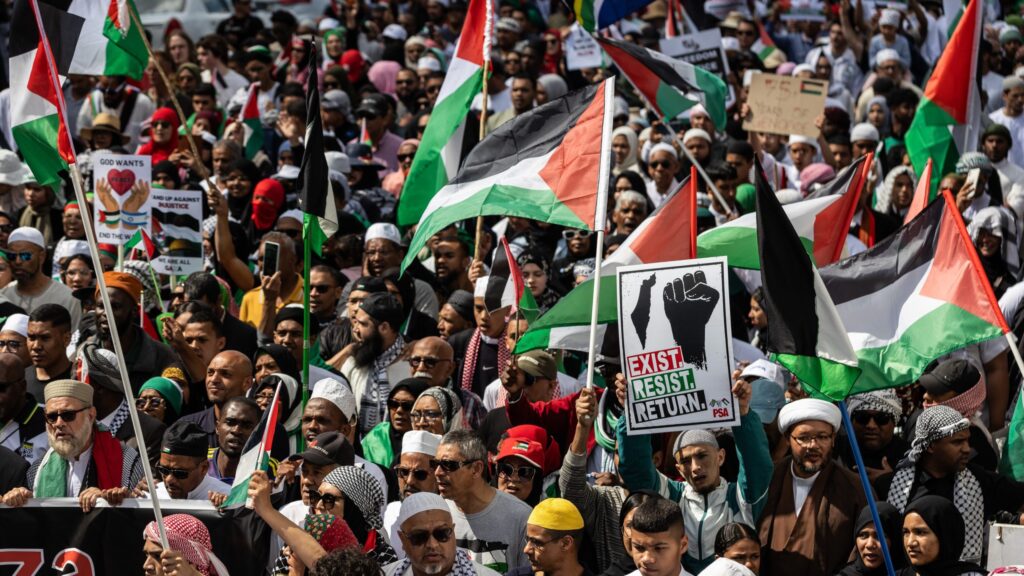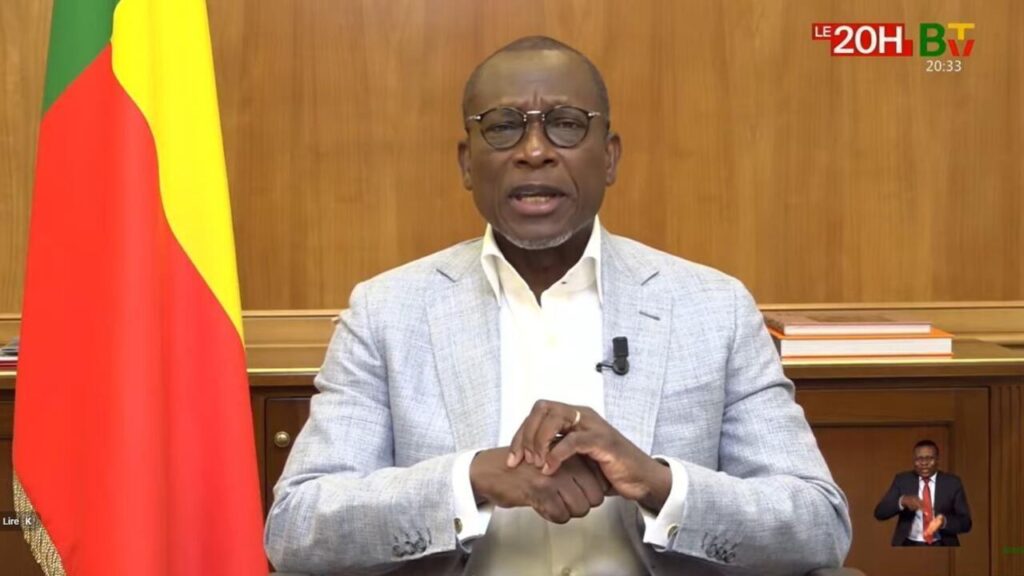
The African Union has praised a new peace accord and the dissolution of two armed groups in the Central African Republic (CAR), marking a rare step toward stability in the war-torn nation.
The agreement, signed on April 19 in N’Djamena, Chad, led the Union for Peace in the Central African Republic (UPC) and Return, Reclamation and Rehabilitation (3R) to disband and disarm last week.
In a statement on Friday, AU Chairperson Mahmoud Ali Youssouf welcomed the move and urged all remaining armed groups to follow suit.
CAR has been gripped by conflict since 2013, when the Muslim-led Seleka coalition ousted President Francois Bozize, sparking reprisals from Christian militias known as Anti-Balaka.
The violence fractured the nation, prompting the United Nations to deploy its MINUSCA peacekeeping force in 2014 to help restore order.
Despite continued instability, President Faustin Archange Touadera was elected in 2015 and re-elected in 2020, though large swathes of the country remained under rebel control.
Hopes for peace briefly surged in 2019, when the government and 14 armed factions signed the Political Agreement for Peace and Reconciliation (APPR-RCA) in Khartoum.
However, the fragile deal unraveled, and many groups resumed fighting in 2021, deepening the humanitarian crisis and displacing thousands.
Friday’s announcement signals a rare breakthrough in a nation long haunted by cycles of rebellion, retribution, and broken peace promises.
Observers hope this latest development will revive momentum for national reconciliation and open a path toward lasting peace.
The African Union has reiterated its commitment to supporting CAR’s peace efforts and urged international partners to remain engaged.
With two major armed groups now disbanded, the spotlight turns to others still holding weapons—and the fragile peace they now threaten.




